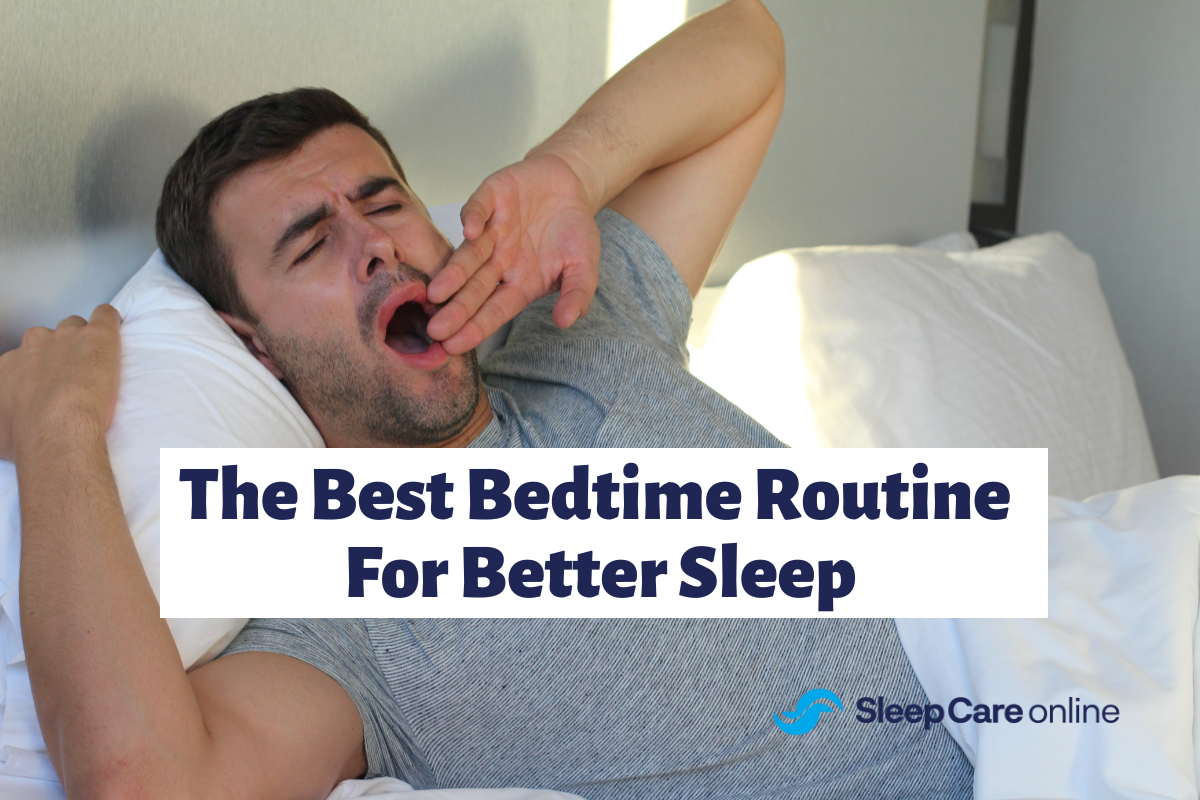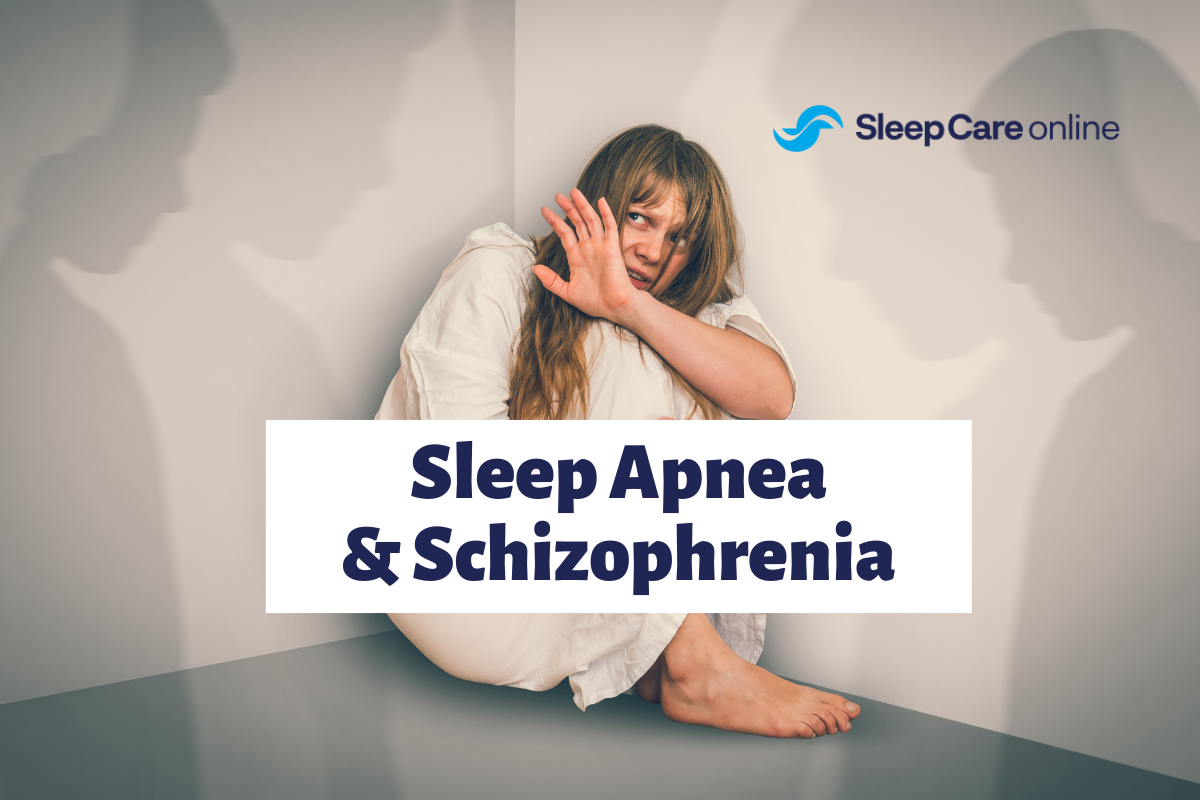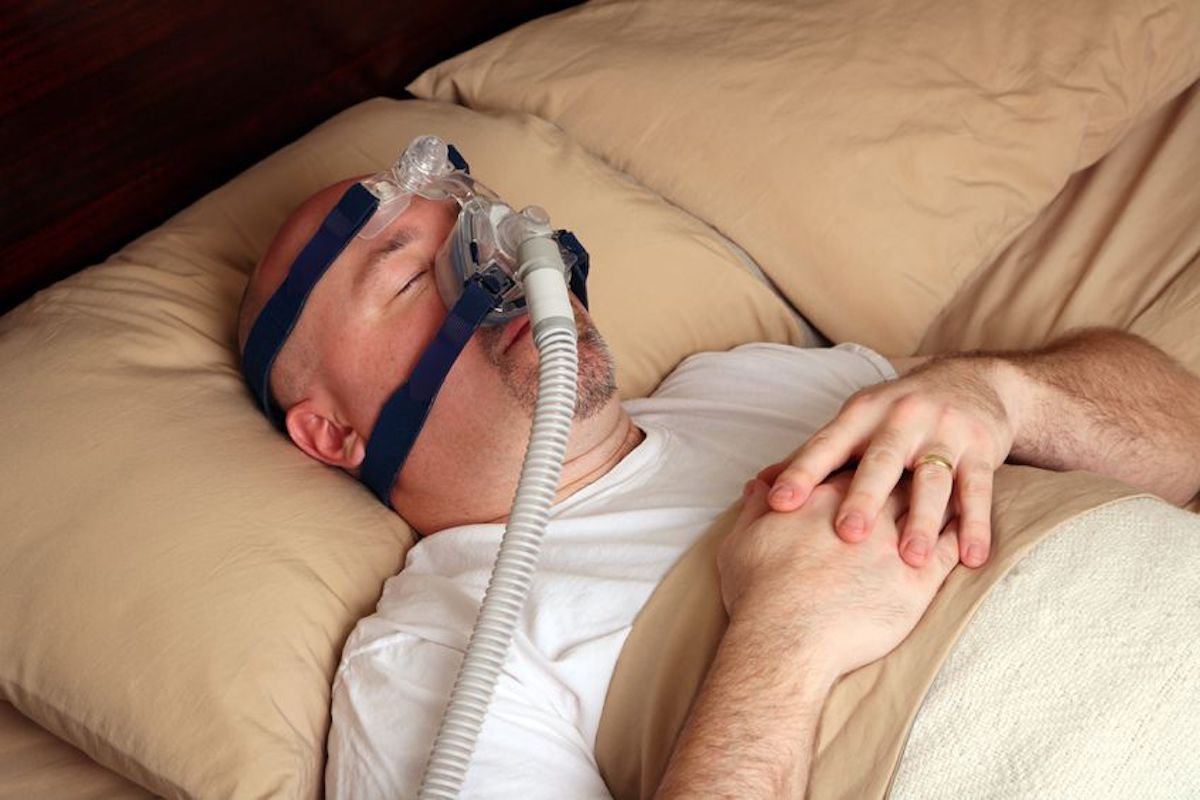Medical Disclaimer: This article is for informational purposes only and should not replace professional medical advice. If you suspect you have sleep apnea or tinnitus, consult a healthcare professional.
For millions of Americans, the frustration of persistent ringing in the ears, or tinnitus, is compounded by the exhaustion of a poor night’s sleep. While seemingly unrelated, a growing body of evidence suggests a strong, bidirectional link between chronic sleep disorders and this common auditory complaint. Understanding the connection between tinnitus and sleep apnea is the first step toward getting relief for both conditions.
The Interwoven Conditions: Tinnitus and Sleep Apnea
The primary question many patients ask is, can sleep apnea cause tinnitus? While obstructive sleep apnea (OSA) may not be the direct root cause in every instance, the physiological stress it puts on the body can absolutely aggravate and potentially contribute to the onset or worsening of existing tinnitus. Indeed, a large-scale analysis of U.S. health data found a significant association between Tinnitus and OSA, indicating that OSA is a risk factor for the development of the condition (Wang et al., 2025).
Chronic obstructive sleep apnea is a disorder where breathing repeatedly stops and starts due to a collapsed or blocked airway. These episodes, called apneas, cause major dips in blood oxygen levels and spike blood pressure. Tinnitus, on the other hand, is the perception of sound where no external sound exists. The link between the two lies in the shared impact they have on the body’s vascular and nervous systems.
Understanding the Link Between Sleep Apnea and Tinnitus
The relationship between sleep apnea and tinnitus is complex, but current research points to several key physiological mechanisms:
Vascular Stress and Reduced Blood Flow
One of the most significant effects of OSA is intermittent hypoxia (low blood oxygen). Every time a breathing pause occurs, oxygen saturation levels drop. These repetitive dips trigger a stress response, causing blood vessels to constrict and blood pressure to rise.
- Impact on the Ear: The delicate structures of the inner ear, particularly the cochlea, rely on a constant, steady supply of oxygenated blood. When blood flow is compromised or erratic due to repeated apneas, the auditory cells can become damaged or stressed. Researchers theorize that persistent intermittent hypoxia in OSA may cause ischemic damage to the cochlea, which can lead to hearing loss that often underlies the ringing in the ears (Lu et al., 2022).
- Hypertension Connection: OSA is a major contributor to nocturnal and daytime hypertension (high blood pressure). Elevated blood pressure can increase the volume and perception of internal body sounds, leading to pulsatile tinnitus (a whooshing or beating sound synchronized with the heart).
Autonomic Nervous System Dysregulation
Both tinnitus and OSA are associated with an overactive sympathetic nervous system (the “fight or flight” response).
- Stress Hormones: The repeated awakenings and gasping for air caused by OSA flood the body with stress hormones like adrenaline and cortisol. This state of hyperarousal can directly increase muscle tension and anxiety, which are known to worsen the perception of tinnitus.
- Hearing Loss Comorbidity: Tinnitus is often a symptom of underlying hearing loss. Studies show a high comorbidity between OSA and sensorineural hearing loss, particularly in the high-frequency range, further strengthening the connection between tinnitus and sleep apnea (Chopra et al., 2016).
How CPAP Therapy Impacts Tinnitus
If the stress, hypoxia, and vascular strain caused by OSA are contributing factors, can treating the OSA alleviate the auditory symptoms? This is where the role of CPAP and tinnitus management becomes important.
Continuous Positive Airway Pressure (CPAP) is the gold standard treatment for OSA. By delivering pressurized air through a mask, CPAP keeps the airway open, eliminating breathing pauses, stabilizing blood oxygen, and normalizing blood pressure.
Tinnitus Improvement: While not a cure for tinnitus itself, many studies indicate that treating OSA with CPAP can provide symptomatic relief for sufferers. One study found that patients with both conditions who used CPAP therapy for three months experienced subjective improvements in tinnitus severity and loudness compared to a control group (Gozeler et al., 2020). CPAP achieves this by:
-
- Reducing the nocturnal rise in blood pressure, stabilizing blood flow to the cochlea.
- Reducing stress hormone release by eliminating apneic events.
- Improving overall sleep quality, which lowers stress and anxiety—two major aggravating factors for tinnitus.
Managing Potential Issues with CPAP and Tinnitus
A small subset of patients may initially experience a change in tinnitus when starting CPAP, sometimes due to the device itself. To manage this, consider:
- Mask Seal: Ensuring a proper mask seal prevents air leaks, which can create high-pitched whistling sounds that irritate existing tinnitus.
- Sound Masking: Using white noise features (often built into modern CPAP machines) can help mask the ringing in the ears, allowing the user to fall asleep more easily.
- Humidification: Using a heated humidifier can prevent drying of the nasal passages, which can sometimes influence ear pressure.
It’s vital to note that while cpap and tinnitus improvement are commonly observed, CPAP is treating the sleep disorder, and the tinnitus relief is often a beneficial side effect of normalizing body function.
Diagnosing Your Sleep Issues
If you are struggling with chronic ringing in the ears and constantly feel tired or experience symptoms like loud snoring, daytime sleepiness, or morning headaches, you should investigate whether can sleep apnea cause tinnitus in your specific case.
The first step is consulting your primary care physician or a sleep specialist. They can determine if you need a sleep study. Instead of an overnight stay at a clinic, many patients are candidates for a home sleep apnea test. This convenient option allows you to test for OSA in the comfort of your own bed, diagnosing the disorder accurately and quickly.
Conclusion
The body is a complex, interconnected system. While the ears and the respiratory system may seem far apart, the vascular and stress pathways linking them are profound. For those suffering from the persistent frustration of the ringing in the ears, recognizing that poor sleep from OSA could be aggravating the issue is key to finding a comprehensive solution. By prioritizing restorative sleep through effective treatment like CPAP, you address the root cause of systemic stress, giving your auditory system the stability it needs to heal. Don’t let chronic sleep deprivation worsen your symptoms.
Take the first step toward better breathing and potentially quieter nights. Order your home sleep apnea test today.
If you are diagnosed with OSA, you will need a CPAP prescription to start therapy.
Frequently Asked Questions
Is Tinnitus a Symptom of Sleep Apnea?
While not officially listed as a primary symptom like snoring or daytime sleepiness, studies consistently show a high correlation between the two conditions. Tinnitus is more accurately described as a co-morbid condition or a consequence of the underlying physiological stress caused by sleep apnea. Addressing the breathing problem is necessary to determine if the tinnitus will improve.
How long after starting CPAP will my tinnitus improve?
There is no set timeline. Some individuals report a mild reduction in the severity or perception of their tinnitus within weeks of consistent CPAP use, correlating with improved sleep quality and normalized blood pressure. For others, improvement may be gradual or non-existent, especially if the tinnitus has a different underlying cause (e.g., noise exposure).
Can I treat tinnitus without treating my sleep apnea?
You can certainly use sound therapy and cognitive behavioral therapy (CBT) to manage tinnitus symptoms. However, if your sleep apnea and tinnitus are connected—meaning the tinnitus is worsened by low oxygen, vascular stress, or chronic sleep deprivation—treating the tinnitus alone may not provide lasting relief. Successful treatment of the underlying OSA is often a prerequisite for maximizing auditory health.
Verified Sources
- Chopra, A., et al. (2016). Sleep apnea is associated with hearing impairment: The Hispanic community health study/study of Latinos. The Laryngoscope.
- Gozeler, M. S., et al. (2020). Can CPAP be an option for treating tinnitus patients with obstructive sleep apnea syndrome? Review. Scripta Scientifica Medica.
- Lu, C., et al. (2022). Obstructive sleep apnea and auditory dysfunction—does snoring sound play a role? Laryngoscope.
- Wang, C., et al. (2025). Association between obstructive sleep apnea and Tinnitus in the United States: NHANES 2005–2020. Sleep and Breathing.

Dr. Kunal Agarwal is a highly accomplished board-certified physician specializing in Family Medicine, Sleep Medicine, and Obesity Medicine. He completed his residency at Michigan State University and a fellowship at Henry Ford Health System, and has over a decade of experience delivering exceptional patient outcomes. Dr. Argarwal is passionate about patient education and advocacy, sleep disorders, and more. His expertise in treating sleep apnea is extremely valuable to improve his patients’ lives.
Awards, Honors, & Recognition
Top Doctor
SRQ Magazine and Sarasota Magazine, 2023-2024
Fellow of American Academy of Sleep Medicine (FAASM)
American Academy of Sleep Medicine, 2021
Named “Top Doctor” for 2017, 2018 (on cover), 2019,and 2020 by Delaware Today Magazine
2017-2020






